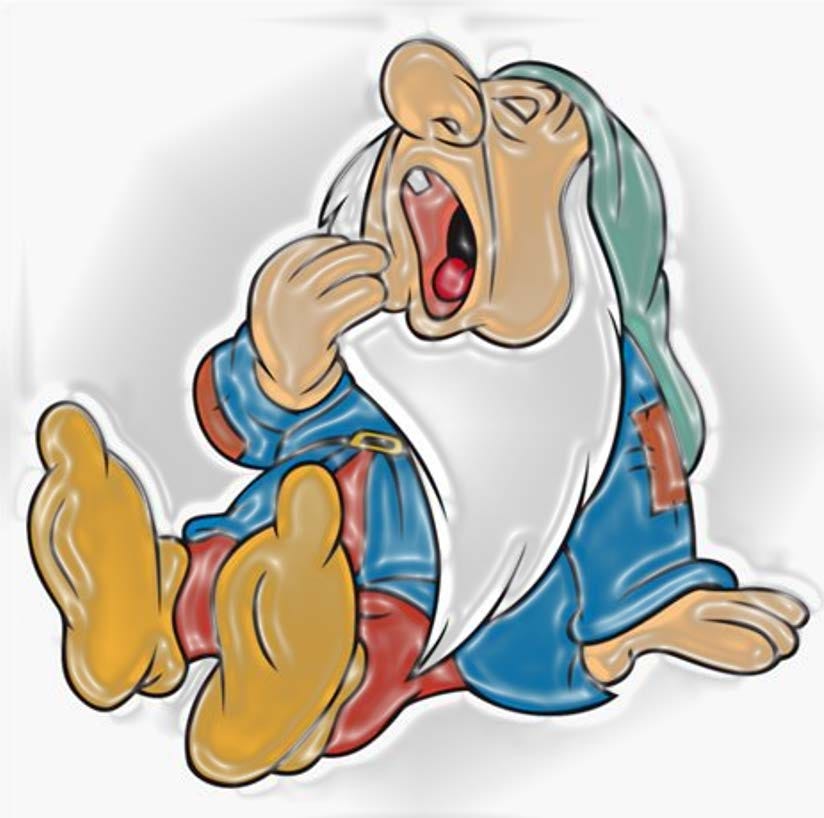Scents to Snooze by
Can you smell your way to better sleep?
Many people struggle to get to sleep or stay asleep. In their search for non-pharmaceutical solutions they often turn to fragrance: spraying their pillowcase with a scent, or activating a diffuser on their bedside table. Do these practices work? A few studies have suggested that lavender oil may enhance sleep quality, but the case is far from closed.
A new study takes a systematic look at nighttime odor exposure and its effect on sleep quality. It was carried out at the Technical University of Dresden by a team at the medical school’s ENT department. They recruited 131 healthy participants with an average age of about 30 years. The study design was naturalistic—participants slept at home in their own beds. I particularly like this angle, because the results would generalize to real life more easily than from a highly technical observations in a sleep lab.
The study used three odor delivery methods (reed diffusers in a small jar, scent-infused nose clips, and scent applied to the pillow) and three test odors (lavender oil, orange oil, or a perfume designed by the fragrance and flavor house Takasago). Participant were allowed to select their preferred delivery format and test odor. Another good idea intended to maximize compliance and positive results.
At night, participants wore a Fitbit—a wristwatch-like device that measures “total sleep time, waking time, time in bed, time for light sleep, deep sleep, and rapid eye movement (REM) sleep.” Compared to what’s used in a high-end sleep lab, these measures are rudimentary—no EEG or EKG—but they objectively quantify sleep to a solid first approximation.
A standardized, self-administered questionnaire (the Pittsburgh Sleep Quality Index) was also used to assess sleep quality. The PSQI yields a score ranging from 0 to 21; the higher the score, the worse the sleep.
Here’s how the study worked: Volunteers came to the lab, filled out the PSQI, had their sense of smell evaluated (with the Sniffin’ Sticks test that covers odor threshold, identification, and discrimination), and received their preferred odor delivery format and test odor.
Back at home, they wore the Fitbit for an initial two nights of no odor stimulation, followed by two weeks with the specific odor/delivery format combo, followed by another two weeks of no odor application. They took the PSQI at the end of each two-week sequence. Finally, they returned to the lab for a second smell evaluation. (A fourth group just slept with their Fitbit and served as a no-odor, no-device deep control.)
The results?
“Participants exposed to the “perfume” reported better subjective sleep quality” on the PSQI; orange oil or lavender had no effect. Use of a diffuser “was associated with better sleep quality and reduced daytime tiredness,” again based on PSQI data. What about the Fitbit measurements of sleep quality? These showed no evidence of effect for any delivery system or specific odor. Nada, zip, zilch. [Could this be another instance of physiological measures not tracking subjective measures?—Ed.] [Yup. But that’s a story for another time.] Finally, there appeared to be no sustained “effect of odor on sleep quality over time,” i.e., any effect of diffuser type or scent didn’t carry through into the final, odorless, two weeks of the study.
On the whole, this is another mixed result for the scent and sleep literature—suggestive but not definitive. In particular, it is disappointing for lavender advocates but decent news for makers of reed diffusers. Perhaps our response to scent while asleep is as unpredictable as our response when awake.
Zetian Li, Jean Christoph Gerami-Manesch, Lisa Marie Hoehnel, Jonathan Warr, Antje Haehner and Thomas Hummel, Effects of nighttime odor exposure and delivery methods on subjective sleep quality in healthy adults. Scientific Reports 15:32452, 2025.


